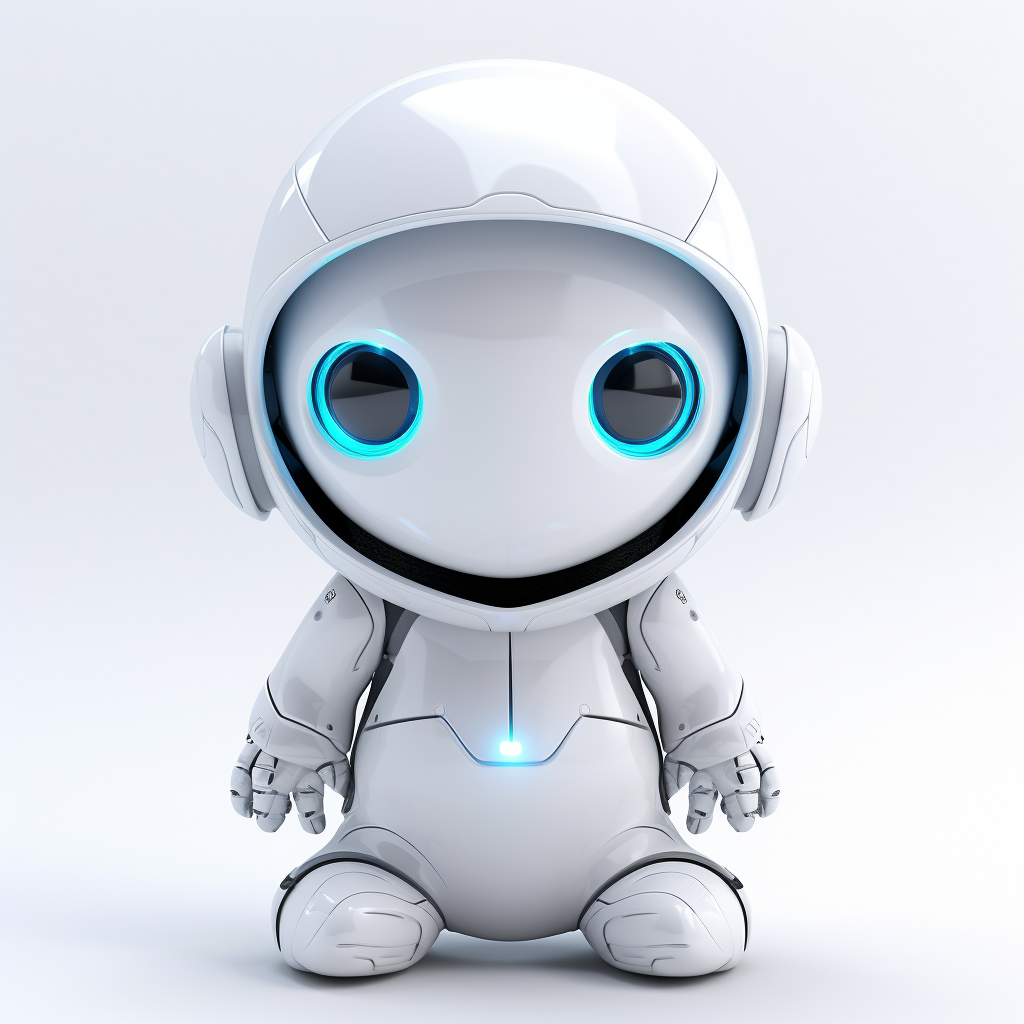AI has revolutionized the marketing landscape, offering insights, predictive analytics, and personalized customer experiences. AI marketing tools help save time, increase efficiency, and optimize efforts. AI can analyze customer data, personalize content, generate content ideas, and make real-time decisions. Seven AI tools for marketing strategy include Adzooma, Jasper AI, HubSpot, Murf AI, Adobe Sensei, ClickUp, and SurferSEO. Embracing AI in marketing can propel brands to new heights.

In today’s fast-paced digital world, traditional marketing plans are no longer enough to stay ahead of the competition. Artificial intelligence (AI) has transformed the way businesses approach marketing by offering insights, predictive analytics, and personalized customer experiences. AI marketing platforms are software that leverage AI technology to perform tasks and help marketers make informed decisions. These platforms can predict customer behavior, automate tasks, save time, increase efficiency, and optimize efforts.
Here are some insights and solutions for harnessing the power of AI in marketing:
1. Understand your target audience: AI can analyze customer data to gain insights into behavior, preferences, and buying patterns. This helps create highly targeted marketing campaigns.
2. Personalize content: AI can tailor marketing messages and product recommendations to individual customers, enhancing the customer experience and boosting conversion rates.
3. Content generation: AI can generate content ideas, optimize headlines, and even draft articles, streamlining the content creation process.
4. Real-time decision-making: AI can analyze data in real time, helping make informed decisions on when and where to run marketing campaigns, ensuring alignment with trends and consumer behavior.
Now let’s explore seven AI tools that can help create a marketing strategy:
1. Adzooma: Offers AI-powered recommendations to optimize campaign performance, automate bid adjustments, keyword targeting, and ad copy tests.
2. Jasper: Uses the GPT-3 model to transform text into engaging copy, helping generate compelling content for various channels.
3. HubSpot: Empowers marketers with AI tools for content creation, campaign personalization, data analysis, and social media post generation.
4. Murf AI: An AI voice synthesizer that enables the creation of lifelike speech for audio and video content.
5. Adobe Sensei: Provides AI-driven marketing solutions to enhance customer experiences and deliver personalized customer journeys.
6. ClickUp: Introduces AI capabilities for enhanced efficiency, collaboration, project management, and content quality.
7. SurferSEO: An AI-powered SEO tool that analyzes top-ranking pages for target keywords, providing insights for optimizing content.
As AI technology continues to evolve, its role in marketing will become even more prominent. By embracing AI-driven tools and technology, businesses can create dynamic and data-driven marketing strategies that engage their target audience on a personalized level.
Action items from the meeting:
1. Research and write an article about the benefits and use cases of AI in marketing – Assigned to: [Executive Assistant]
2. Review and optimize marketing campaigns using AI marketing tools – Assigned to: [Marketing Team]
3. Explore the use of AI-powered content generation tools to streamline the content creation process – Assigned to: [Content Creation Team]
4. Evaluate and implement an AI-based customer behavior analysis tool to gain insights into consumer behavior and preferences – Assigned to: [Marketing Analytics Team]
5. Investigate the potential of AI voice synthesizers for creating audio and video content – Assigned to: [Marketing Creative Team]
6. Assess the integration of AI-driven SEO tools to optimize content for search engines – Assigned to: [SEO Team]
7. Stay up-to-date with the latest AI marketing tools and technology trends – Assigned to: [Marketing Team]Please ensure these action items are added to the respective teams’ task lists and followed up on in a timely manner.
List of Useful Links:
- AI Scrum Bot – ask about AI scrum and agile
- How to create a digital marketing strategy with AI
- AI News
- Twitter – @itinaicom

























